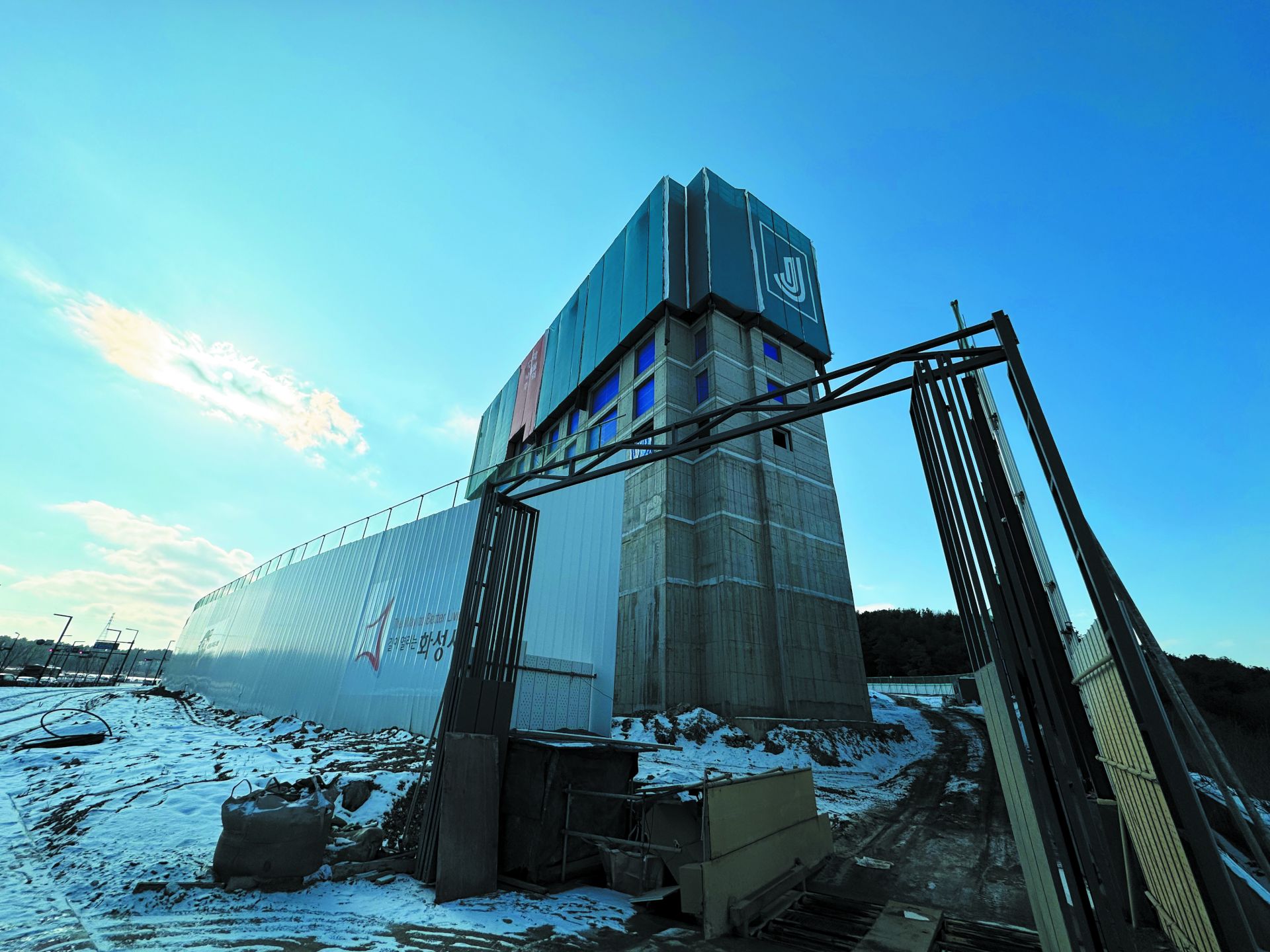Listen to this story
Wu Changde, 25, sleeps in a tiny bedroom built on the roof of a three-story house in Daerim-dong, a neighborhood in Seoul, South Korea. A cramped corridor outside his bedroom doubles as a kitchen at one end and connects to the bathroom at the other. A narrow staircase, just wide enough to allow one person at a time to go up or down, leads to the street. His monthly rent is about $200, which Wu can barely afford these days.
Since he arrived in Korea in 2021, Wu has found sporadic work as a temperature taker at the entrance to a hospital, an assistant at a dental clinic, a retail assistant at a cellphone shop and a temporary parcel sorter at a logistics center. But none of the jobs has lasted long enough — or paid well enough — for him to get an apartment big enough, say, to store a few jugs of water.
Like many Korean locals, Wu buys bottles of drinking water to keep at home, but his living space is so cramped that he’s forced to leave the plastic bottles outdoors, where winter temperatures often drop well below freezing. On one December morning when I came to visit, Wu’s stash of fresh water was frozen solid. Even after he had dragged a bottle inside, it still took several minutes before there was enough meltwater for Wu to get a sip. Create a free account to continue reading Already a New Lines member? Log in here Create an account to access exclusive content.



